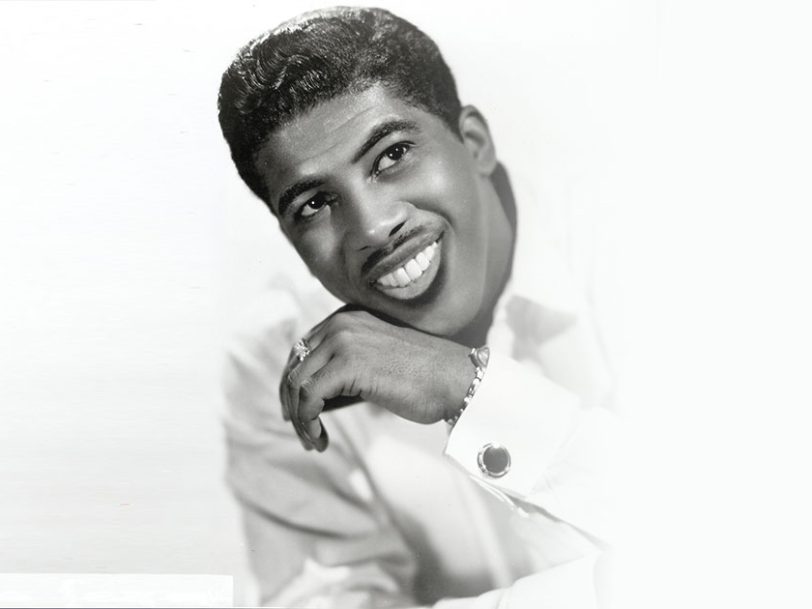Ben E King was not long out of a hot streak of hits with The Drifters when he went solo, in 1961, with the classic ballad Spanish Harlem, which established him as a major force in the emerging soul scene. But his album career was by no means established. His second record, Sings For Soulful Lovers, sold modestly and contained no hit singles; instead, it was packed with standards. It seemed Atlantic Records hadn’t decided if Ben E King was to be marketed as a middle-of-the-road artist or a contemporary pop-soul singer. But another landmark hit forced a decision for the label: modern and heartfelt, Stand By Me made it clear the incredibly talented vocalist was destined to become one of the best soul singers of his era. After many months, Stand By Me finally appeared on an album, when it graced Don’t Play That Song! in the summer of 1962, and it had hitmaking company in the record’s emotional and memorable title track. So that’s two bona fide classics on one disc. Would the rest be thriller, as fans hoped; or filler, a problem that dogged soul albums of the era?
Listen to ‘Don’t Play That Song!’ here.
Uptown high ranking
That depends on how you see it. There were few songs of the calibre of Don’t Play That Song (You Lied) and Stand By Me – but how many songs reach such dizzying heights? All the same, there were some lesser-known classics which inspired numerous cover versions and which set a high-ranking standard for the softer, “uptown” soul style of the era. Tunes such as Ecstasy, First Taste Of Love and Young Boy Blues would be covered by acts as diverse as Eric Burdon, Johnny Kidd And The Pirates and Wilson Pickett, and the album was rinsed by major reggae artists such as John Holt and Derrick Morgan for material. Little wonder: the songs were provided by such luminaries as Doc Pomus and Phil Spector, Jerry Leiber and Mike Stoller, and Gerry Goffin and Carole King. And while the production values and arrangements are of their time, the brilliance of King’s singing – note the moment where his voice breaks in the title track, or the way he confesses to his heartbreak without overselling it on Here Comes The Night – means Don’t Play That Song! still has something valuable to impart more than 60 years after it was released: Ben E King’s soul.




